Agronomic Insights
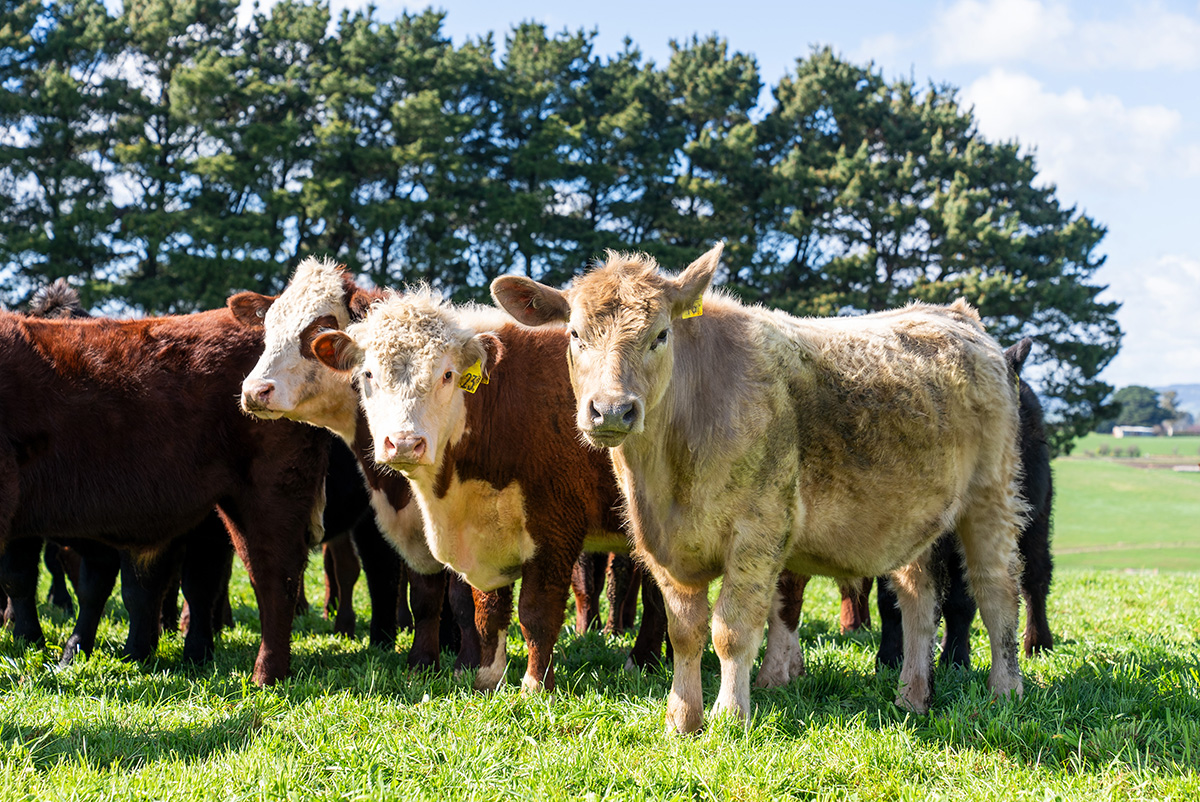
Lee Menhenett – IPF Technical Agronomist
If you’re not regularly testing copper levels in your pastures, one of the first signs you have an issue may come from your livestock. Animals grazing pastures that are deficient in copper can lead to copper deficiency in the animal, the impacts of which can be severe, including sway back in lambs and bone brittleness in cattle and sheep.
Copper deficiency can be induced in plant through practices such as liming which increases soil pH and reduces the availability of metallic trace elements like copper and zinc. Other sound agronomic practices such as supplying Sulphur and Molybdenum to pasture system can also lead to animal copper deficiencies.
From the plant point of view, copper plays a key role in chlorophyll and pollen formation and keeping the plant disease resistant. A deficiency can be difficult to identify from the plant itself as the symptoms are often not visual. Whilst soil testing is beneficial, leaf tissue testing of the plant itself will give greater accuracy about how specific plants are using the nutrients in the soil as tissue analysis provides the linkage between the soil supply of nutrients and plant uptake. Plant tissue analysis can be used as a diagnostic tool to determine the reason for poor growth – or trouble shooting. Or it can be used for monitoring to assess the suitability of current fertiliser management practices.
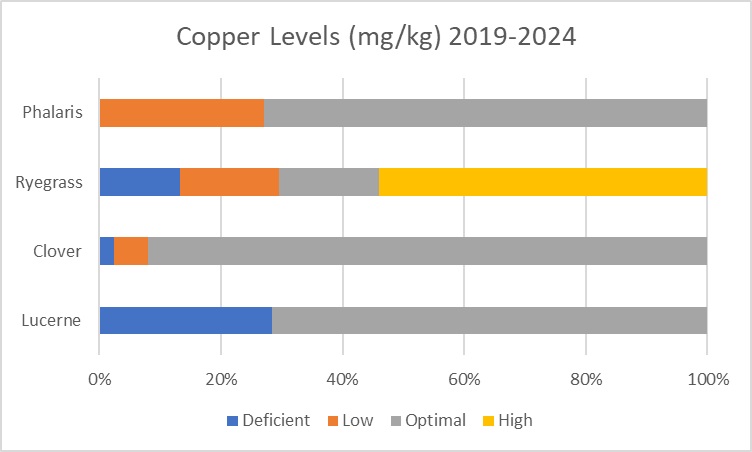
Generally speaking, grasses have lower copper concentrations than clovers and the copper concentration in both declines during winter through to late spring. Animal pasture intake can be limited during winter and early spring (particularly clover), which can compound copper deficiencies particularly in animals reproducing that have a higher copper requirement. The more copper is available in the plant for animal feed, then the less additional feed supplementation for livestock will be required. This proves to be beneficial for the plant itself, the livestock feeding from it and to the producer’s bottom line through cost savings in less additional feed supplementation.
Copper granules can be included into any dry blend fertiliser or added to coatings.
For personalised advice on copper management and leaf tissue testing, contact your local IPF agronomist.
Regular testing and targeted nutrient applications are essential steps toward ensuring the long-term health and productivity of your clover pastures.
Further information
For further information, please contact Lee Menhenett at lee.menhenett@incitecpivot.com.au or 0412 565 176.
DISCLAIMER
This is a guide only, which we hope you find useful as a general tool. While IPF has taken all reasonable care in the preparation of this guide, it should not be relied on as a substitute for tailored professional advice and IPF accepts no liability in connection with this guide. Incitec Pivot Fertilisers manufactures and sources fertilisers from other suppliers. The fertiliser supply chain extends beyond the company’s direct control, both overseas and within Australia. Incitec Pivot Fertilisers hereby expressly disclaims liability to any person, property or thing in respect of any of the consequences of anything done or omitted to be done by any person in reliance, whether wholly or in part, upon the whole or any part of the contents of this article.
You might also be interested in these
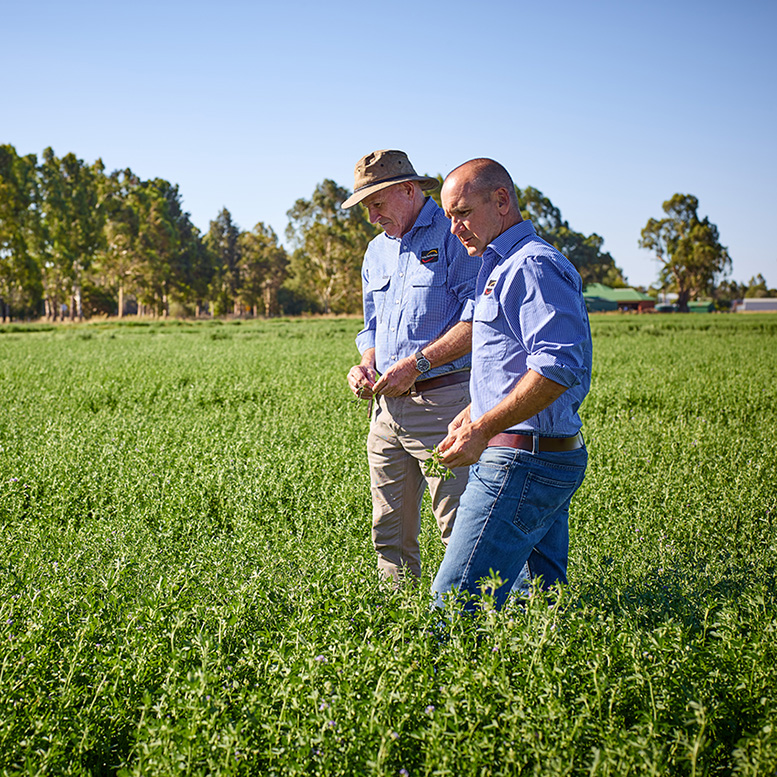
Pasture
Maximising moly for N success
September / 2024
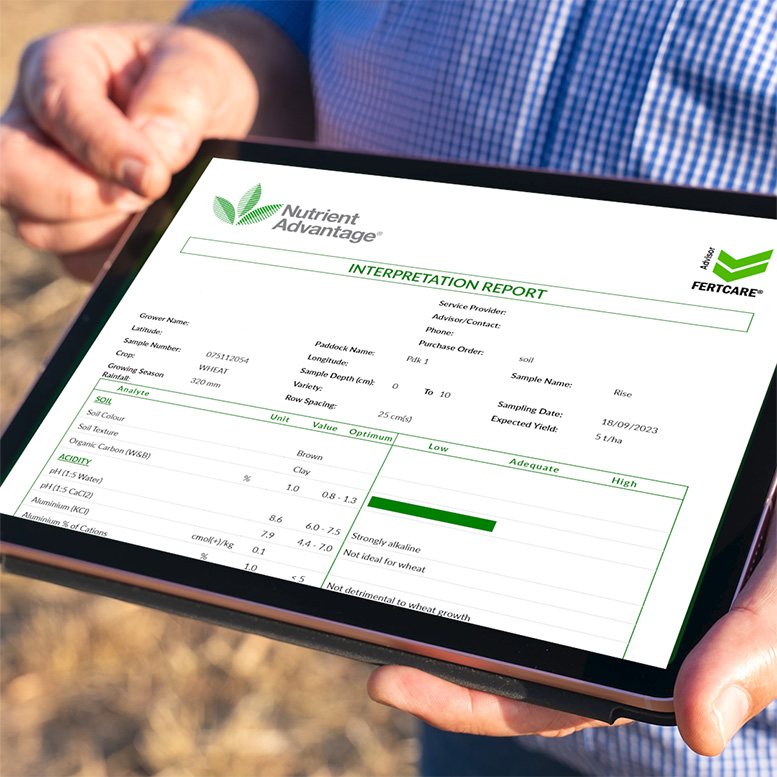
Horticulture, Pasture, Sugar, Summer Crop
Take the next step with leading Agronomy in Practice course
February / 2024

Horticulture, Pasture, Sugar, Summer Crop
Loveday & Pyle test – a comprehensive indicator of soil stability
February / 2023
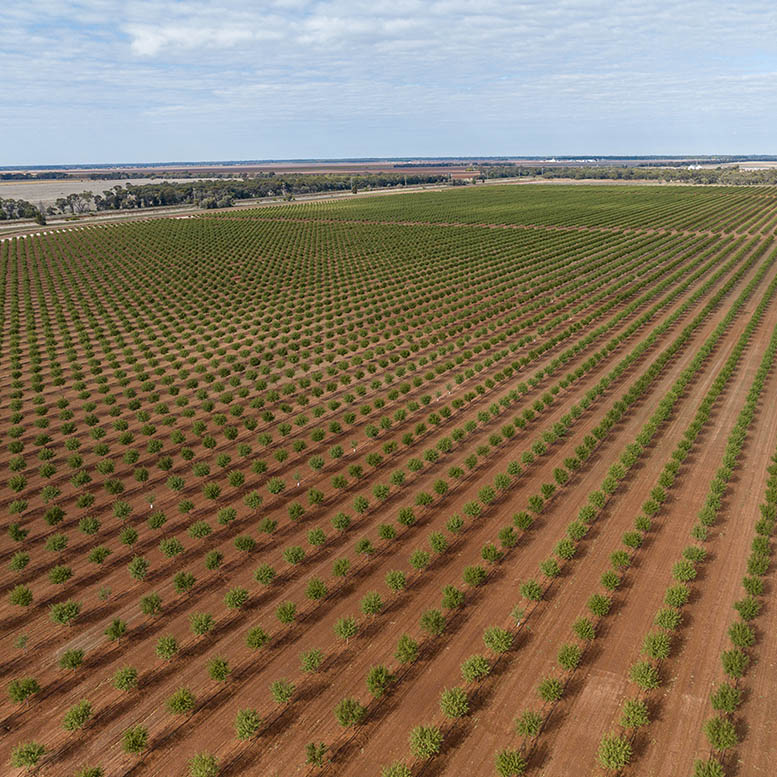
Horticulture, Pasture, Sugar, Summer Crop
Fertiliser use and GHG emissions being minimised on-farm
October / 2023

